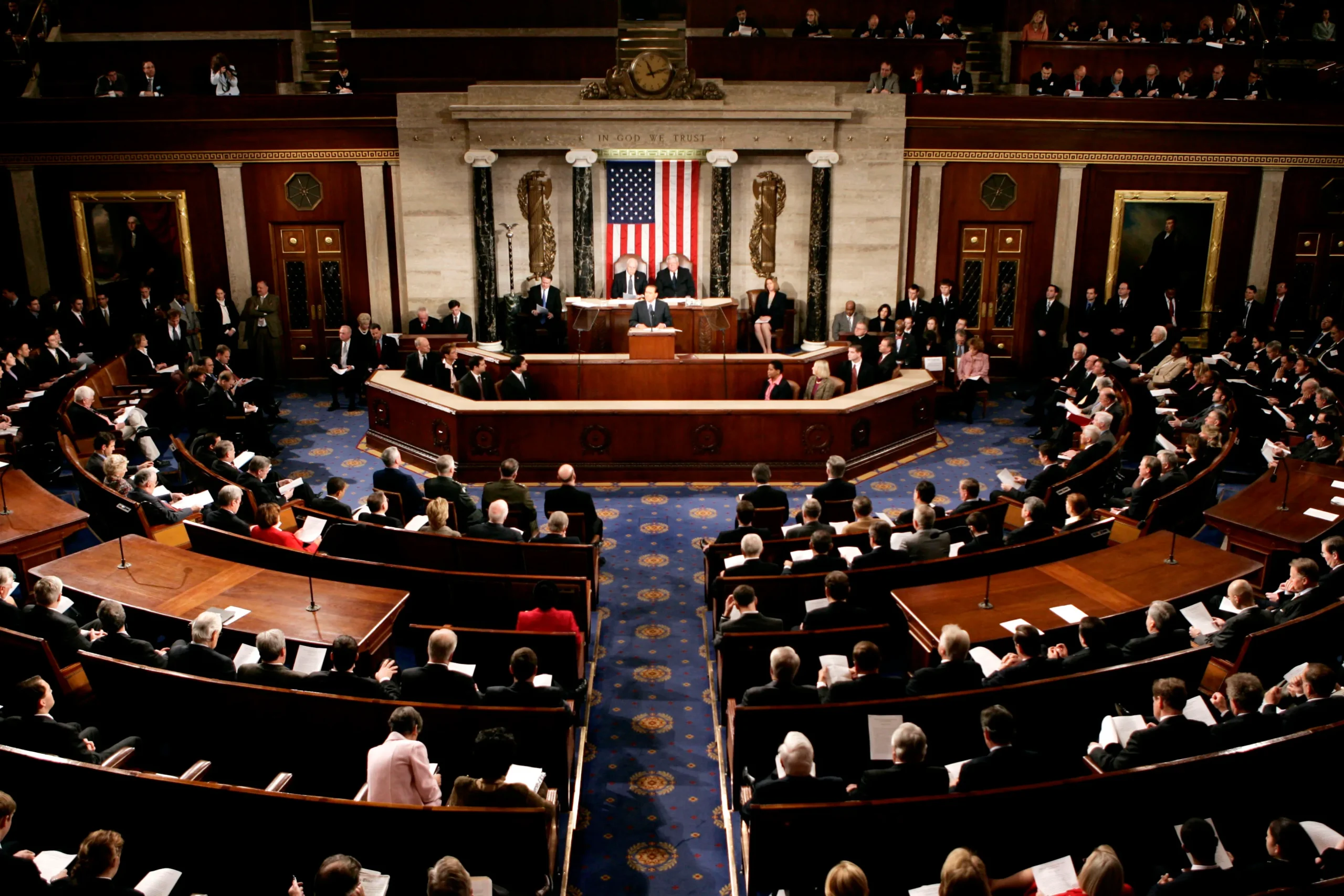The U.S. government shutdown reached its 38th day on Friday, as the Senate prepared to vote on a bill that could temporarily restore government operations.
According to the Senate’s schedule, lawmakers were set to consider a House-passed continuing resolution aimed at reopening federal agencies. However, it remains uncertain whether the bill will secure the 60 votes needed to pass, after multiple failed attempts in recent weeks.
Crypto Legislation Takes a Backseat Amid Shutdown
Despite the shutdown, bipartisan discussions have continued over the long-awaited digital asset market structure bill. The measure, known as the CLARITY Act in the House and the Responsible Financial Innovation Act in the Senate, seeks to create a clear regulatory framework for cryptocurrencies in the U.S.
However, legislative progress has slowed significantly. Members of Congress continue to receive paychecks, but many federal workers remain furloughed or unpaid, diverting political focus away from crypto-related legislation.
At the time of writing, it remained unclear whether Democrats would support the current funding plan, as they have demanded the restoration of healthcare subsidies and reversal of cuts introduced in a July funding bill.
Timeline for Crypto Regulation Uncertain
Wyoming Senator Cynthia Lummis, one of the leading advocates for crypto regulation, previously outlined an ambitious timeline for the bill’s passage. She said in August that Republicans aimed to move the legislation through the Senate Banking Committee by September and the Agriculture Committee by October, with the goal of enacting it by 2026.
While reports suggest that lawmakers have continued discussions, the prolonged government shutdown and upcoming holiday season have made the timeline increasingly unrealistic.
Political Stalemate Delays Progress
The continued impasse in Congress underscores the broader political tension surrounding both government funding and cryptocurrency oversight. With agencies running on minimal operations and partisan divisions deepening, even bipartisan priorities such as crypto regulation face mounting delays.
Until funding is restored, most legislative efforts are expected to remain stalled — leaving the future of digital asset policy uncertain.







